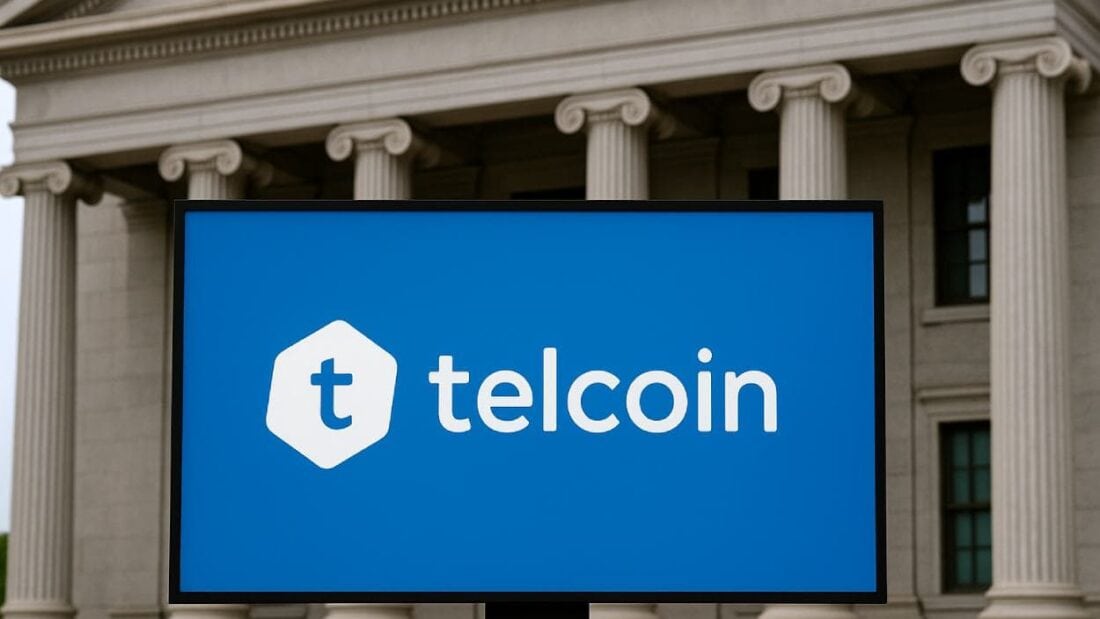In a landmark move for the future of digital finance, Nebraska has become the first state in the United States to charter a digital asset bank, granting Telcoin the right to operate as a regulated stablecoin institution.
Key Takeaways
- Nebraska approved the nation’s first digital asset bank charter under the Nebraska Financial Innovation Act, enabling Telcoin to operate a stablecoin bank.
- Telcoin Digital Asset Bank can now issue a regulated stablecoin called “eUSD”, backed by U.S. government bonds and FDIC-insured deposits.
- State leaders, including Governor Jim Pillen and Congressman Mike Flood, championed the framework to attract fintech innovation to Nebraska.
- Experts see this as a potential catalyst for Nebraska to become a fintech hub, similar to South Dakota’s rise in the credit card sector during the 1980s.
What Happened?
The Nebraska Department of Banking and Finance (NDBF) officially issued a charter to Telcoin Digital Asset Bank, marking the first time a U.S. state has approved a regulated bank capable of minting stablecoins. The charter was announced by Governor Jim Pillen, who said the move puts Nebraska at the forefront of digital payment innovation.
A pivotal milestone for blockchain integration into the financial system.
— Telcoin (@telcoin) November 12, 2025
Granted final approval in Nebraska, this novel charter enables Telcoin Digital Asset Bank to connect US bank accounts to regulated Digital Cash stablecoins. pic.twitter.com/vitujDhCUV
Nebraska Paves the Way for Digital Banking
Governor Pillen emphasized Nebraska’s leadership, stating, “With this first-in-the-nation approach, Nebraska is leading a new era of digital payments.” The charter was made possible by the Nebraska Financial Innovation Act, a bill signed into law in 2021 and introduced by now-Congressman Mike Flood during his time in the state legislature.
Under the charter, Telcoin will operate a digital asset depository institution within a regulated banking structure. This allows the company to issue and manage a stablecoin named eUSD, designed to maintain a steady value. These digital dollars are backed by U.S. government bonds and deposits in FDIC-insured Nebraska banks, ensuring strong financial safeguards.
A New Role for Stablecoins
Stablecoins are a type of cryptocurrency that aims to provide the utility of digital assets without the volatility. With this charter, Telcoin becomes the first digital bank in the U.S. permitted to issue regulated stablecoins as a form of “digital cash.”
Paul Neuner, founder and CEO of Telcoin, said:
Neuner highlighted the broader mission of Telcoin as more than just crypto, calling it “the technology of money, payments, and banking – financial technology innovation right here in Nebraska.”
Regulatory Oversight and Industry Impact
Kelly Lammers, Director of the Nebraska Department of Banking and Finance, stressed that regulatory safeguards are built into this new model.
The department will supervise all digital asset entities to ensure they operate in a safe and sound manner. This structure, built to offer predictability and trust, is already drawing comparisons to South Dakota’s rise as a credit card hub in the 1980s.
Jane Liu, an assistant professor at the University of Nebraska Omaha who researches crypto, believes Nebraska could now become a niche center for fintech. “Companies like a legal framework they can rely on. This is a great opportunity for Nebraska to build a clustered industry,” she said.
The Growth of Stablecoins in the U.S.
Stablecoins are growing rapidly. A Brookings Institution report noted that monthly transactions surpassed $1 trillion for the first time in September, up from less than $100 billion in 2020. Bloomberg also reported a 70 percent increase in stablecoin usage since July, driven in part by the passage of the GENIUS Act, which provides a federal regulatory framework for stablecoins.
With Telcoin’s bank capitalized by a recent $25 million investment, the company is set to become a foundational player in the next generation of digital banking.
CoinLaw’s Takeaway
Honestly, this is a huge moment. In my experience tracking financial regulation and blockchain, we’ve been waiting for a state to take this kind of bold step. Nebraska just planted a flag that says, “We’re open for digital business.” What makes it special is the thoughtful regulation behind it. This isn’t crypto anarchy. It’s a carefully designed framework that blends the best of blockchain speed and transparency with the safety of traditional banking. I found it especially exciting that this happened not in Silicon Valley or New York, but in Norfolk, Nebraska. It’s a clear message that innovation doesn’t have a zip code.


































































